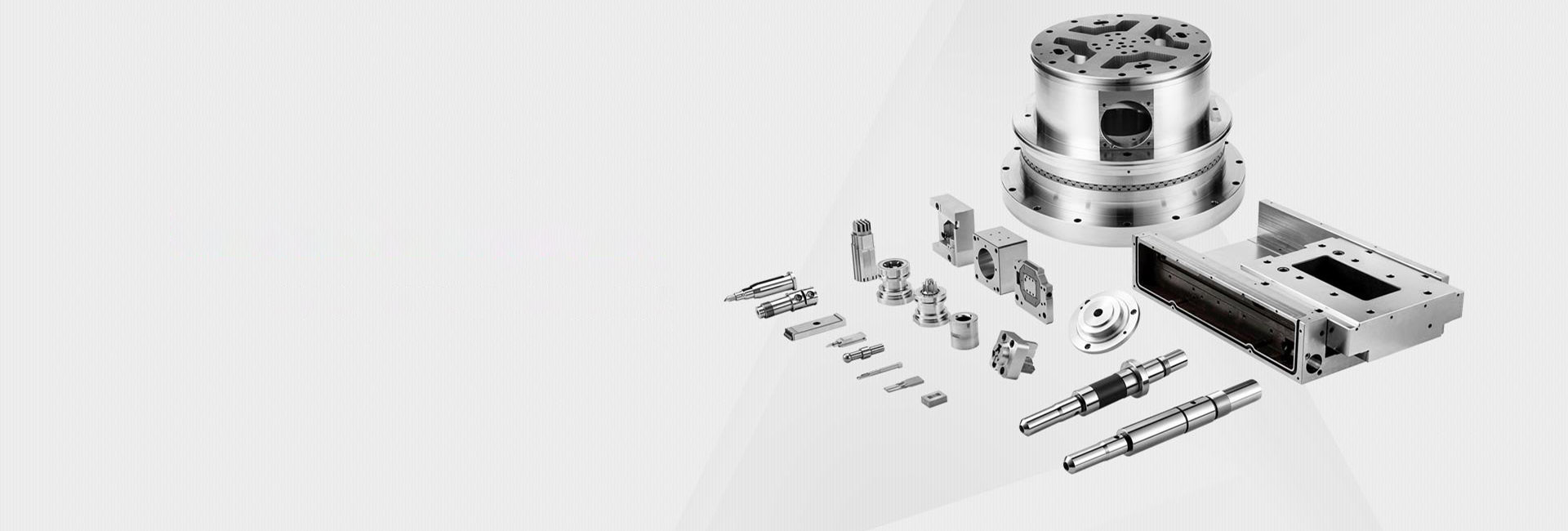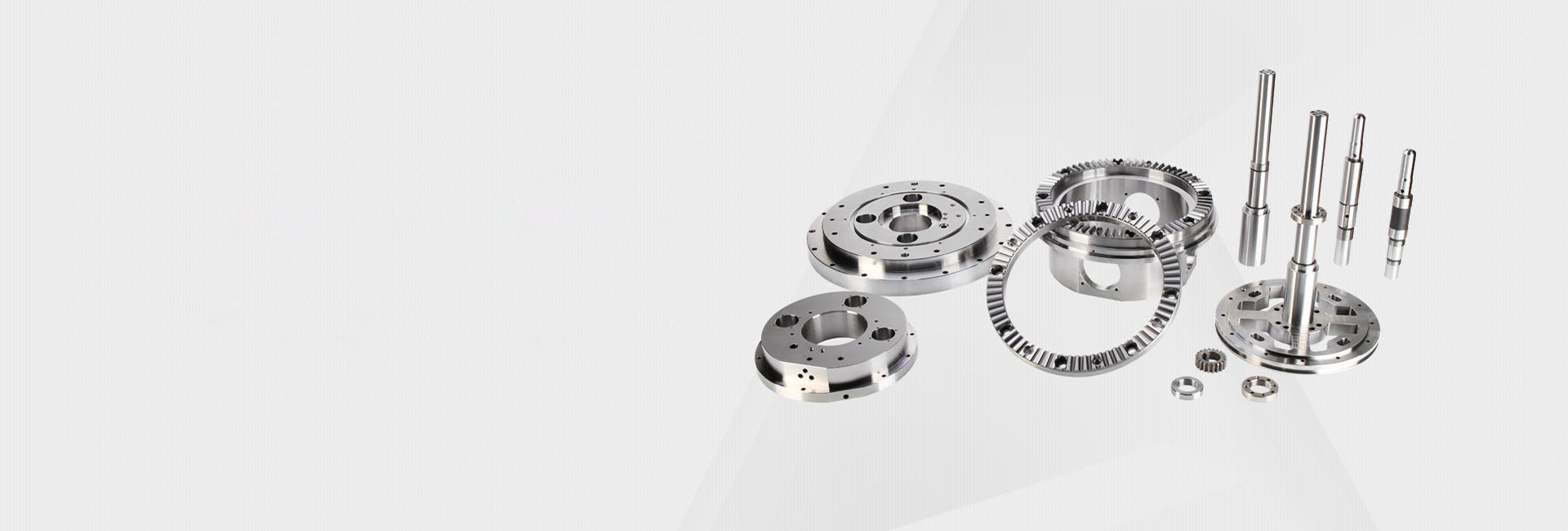Best Materials for CNC Machining Drive Shafts: A Practical Guide
Hey there, fellow engineers and procurement pros! 👋 Ever been stuck in a meeting, debating the best material for a CNC machined drive shaft? You know the drill – one team argues for strength, another for cost, and you're left wondering if there's a perfect answer. The truth is, picking the wrong material can lead to premature failure, costly downtime, and a whole lot of headaches. So, let's cut through the noise and figure this out together. What exactly should you be looking for?
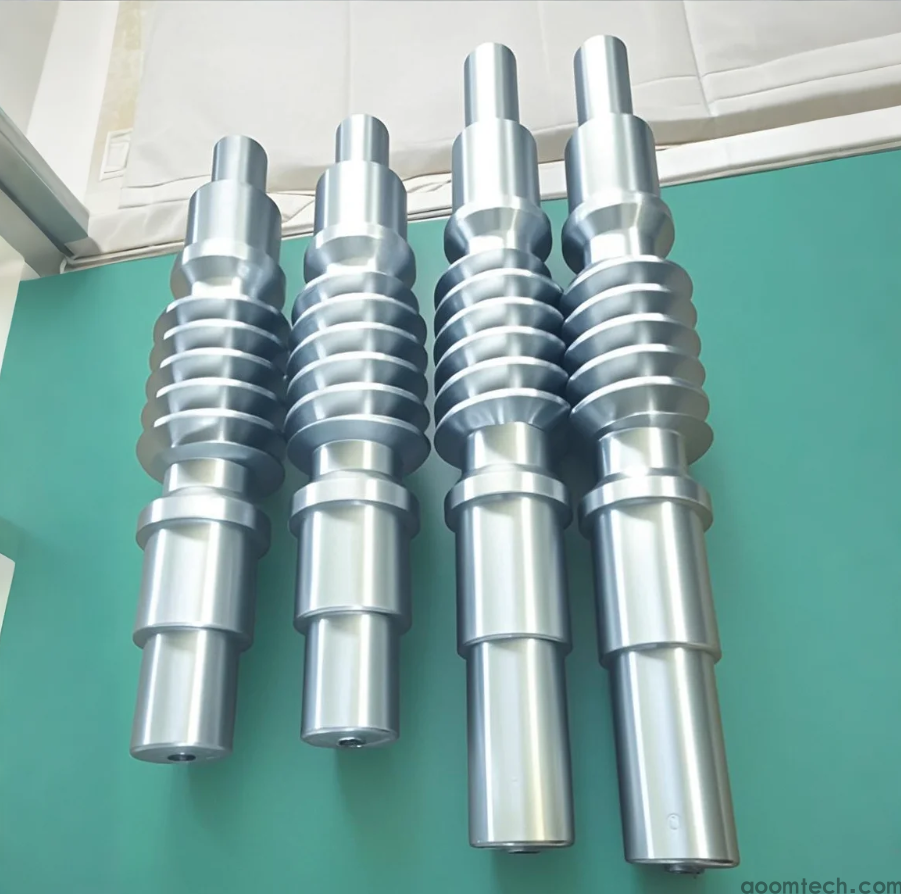
What's the Big Deal About Drive Shaft Materials Anyway?
Think of the drive shaft as the backbone of your power transmission system. It's got to be tough, but not brittle; resistant to wear, but often needs to be lightweight. The core question we're tackling is: CNC加工传动轴用什么材料好? Or in English, what materials are best? The short answer is: it wildly depends on your application. There's no one-size-fits-all, but some materials are superstar performers for most jobs. We'll dive into those now.
Top Contender: Alloy Steel (Like 414 or 434)
If we're talking about a workhorse, alloy steel is it. I see this used all the time.
Why it's great:
• Super strong and tough: It handles high torque and shock loads like a champion.
• Great wear resistance: It lasts a long time, even in tough conditions.
• Cost-effective: Generally offers a good balance of performance and price.
Watch out for:
• It's heavy, so not ideal for applications where weight is a huge concern (like aerospace).
• It can rust if not properly coated or treated.
My take? For most industrial machinery, heavy equipment, and automotive applications, alloy steel is the default starting point. It's a safe, reliable bet. The specific heat treatment process, however, can drastically change its properties, and that's an area where the exact science can get pretty complex.
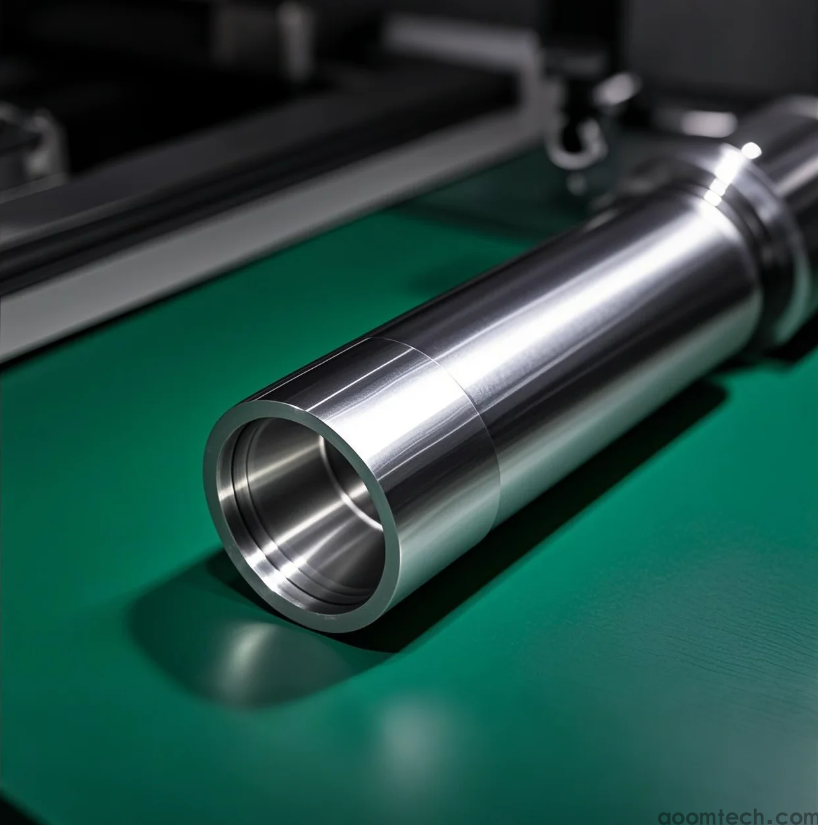
The Lightweight Champion: Aluminum (Like 6061 or 7075)
Need something light and fast to machine? Aluminum is your friend.
Why it's great:
• Super lightweight: Crucial for drones, racing vehicles, and high-speed spindles.
• Good strength-to-weight ratio: 7075 aluminum, for instance, has strength close to some steels.
• Corrosion resistant: It forms a protective oxide layer naturally.
Watch out for:
• Not as strong as steel, so it's not suitable for high-torque, heavy-duty applications.
• It can fatigue over time under repeated stress.
I often use aluminum prototypes because they're quick to machine and easy to test with. But for a final product that needs to take a beating, you might need to look elsewhere.
The Corrosion Fighter: Stainless Steel (Like 304 or 316)
Working in a wet or chemical environment? Stainless steel steps up.
Why it's great:
• Excellent corrosion resistance: Perfect for food processing, marine, or chemical industries.
• Good strength and hardness: It's certainly no slouch in the performance department.
Watch out for:
• More expensive than alloy steels.
• It can be a bit gummy and tougher on cutting tools during the CNC machining process.
While stainless is fantastic for resisting rust, the mechanism behind its passivation layer is something I'm not fully qualified to explain in detail. It just works! 😅 But speaking of things that work, there's another option that's quietly brilliant.
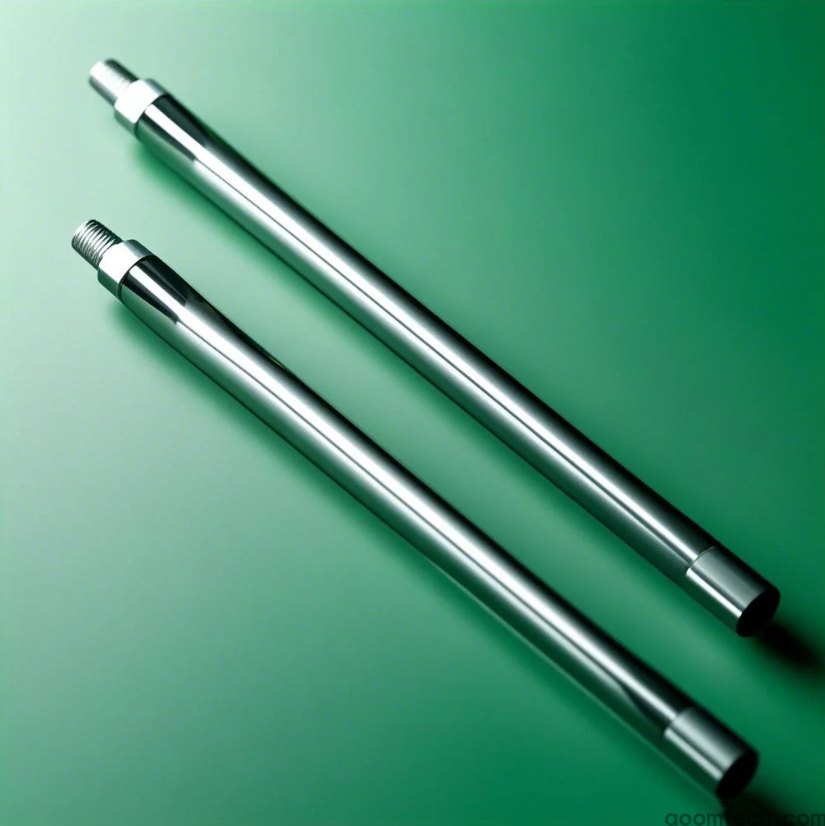
The Specialist: Titanium (Like Grade 5 or Ti-6Al-4V)
When you need the ultimate combination of strength, lightness, and corrosion resistance, titanium is the answer. But it comes at a price.
Why it's great:
• Incredible strength-to-weight ratio.
• Biocompatible and highly corrosion resistant.
Watch out for:
• Very high cost for both material and machining.
• Challenging to machine, requiring specialized tools and expertise.
You'll find this in top-end aerospace, medical implants, and high-performance racing. Perhaps it's not an overstatement to say that for the most demanding applications, titanium is unbeatable. But for the other 95% of projects, the previous options are more than enough.
So, How Do You Actually Choose?
Don't just pick the "best" material. Pick the right one. Ask yourself these questions:
• What are the torque and load requirements? (This points you to strength needs)
• Is weight a critical factor? (This decides the strength-to-weight ratio focus)
• What environment will it operate in? (Wet, dry, chemical? This dictates corrosion resistance)
• What's the budget? (This is the reality check!)
From my experience, a well-chosen alloy steel often provides the best value for general engineering. However, the rise of compact, high-performance robotics is pushing more designers towards advanced aluminum alloys and even composites, though that's a topic for another day. The landscape of available materials is always shifting, and what was ideal a decade ago might be surpassed by something new tomorrow.
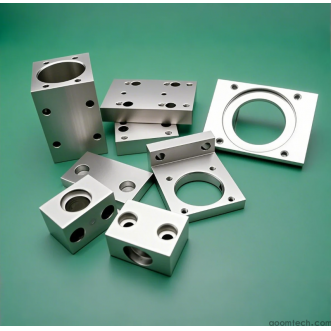 How is the price calculated fo
How is the price calculated fo
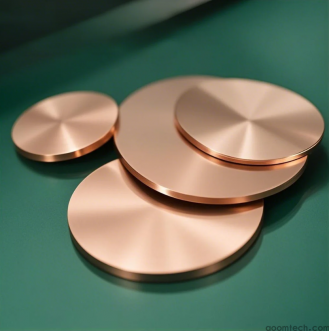 How Does a High-Precision CNC
How Does a High-Precision CNC
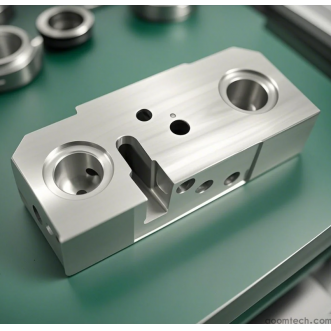 What Factors Affect CNC Machin
What Factors Affect CNC Machin
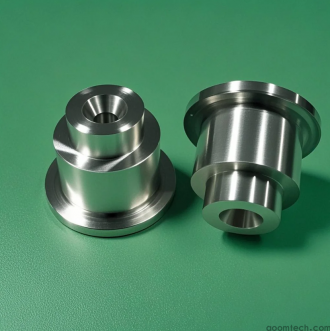 How to Choose a Supplier for C
How to Choose a Supplier for C

